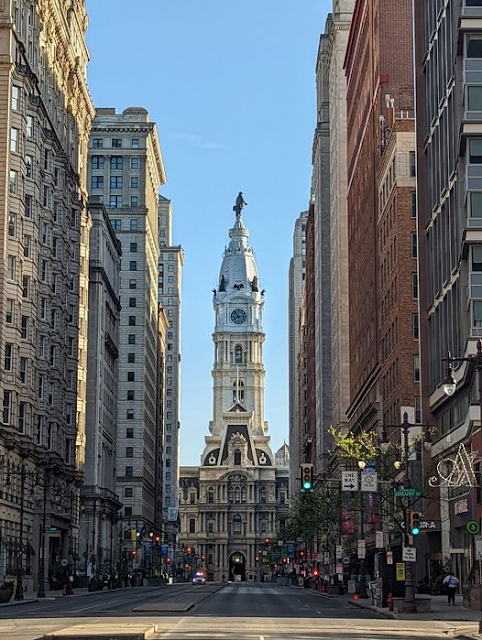Did you do something nice for teachers last week? Say some supportive words. That's great. What are you going to do next week?
With any luck (well, it's not luck that is required), you're avoiding boneheaded moves like the district that gave its superintendent a 14.47% pay raise since December of 2020 and, during that same period, raised staff pay an embarrassing 1.11% raise--and then layered on that by gifting teachers an appreciation gift of a shiny pen. Then--then!!--offered a non-apology apology by pointing out that, hey, they'd also given teachers peppermint patties and bags of chips in previous months. Teacher appreciation all year round!! Woohoo!
So maybe you did something more appreciative than a shiny pencil this week. Maybe you said some nice words, or posted a nice teacher meme, or even gave a teacher something more thoughtful than a shiny pencil. And that's nice, I guess. Nicer than a kick in the pants, anyway.But the real question is, what are you doing to day? What are you going to do next week? What are you going to do the other fifty-one non-appreciation weeks of the year?
Do you continue to be supportive of teachers in big and small ways, or do you figure that once Appreciation Week festivities are dispatched, you can take teacher support off of your plate? Do you go back to arguing that teachers are overpaid, lazy and incompetent, the root cause of everything wrong with education? Are you sitting silently when someone claims that teachers are just a bunch of groomers?
It's not that I think that you should be worshipping at the altar of teachers fifty-two weeks a year. Life is big and you have lots of things to think about and fold into the layers of your daily life.
But teaching today is not like it was years ago. Teaching always went on against the background buzz of dissatisfaction, but nowadays that has swollen to an angry roar directed at teachers. The polls tell us time and time again that parents mostly like their children's schools and the teachers in them, but those aren't the people making the noise.
In the current atmosphere, what you did last week takes its meaning from what you do next week, and the week after that. If you're a school board member who issued a proclamation about how much you value your teachers last week, and next week you're going to sit down at the bargaining table to argue that teachers shouldn't get a raise, your proclamation is meaningless. And if you're an administrator-- will you be respecting staff boundaries and trying to lighten their load, or will you just keep piling duties on them and taking more and more of their hours with no regard for them having a life?
We humans have a short attention span. We opine that Every Day Should Be Christmas, but by December 26, we're over that. We make resolutions on January 1 that we have dropped by February. But if you are in a relationship with someone who's nice to us one week out of the year and treats us lousy the other fifty-one, that's not a healthy relationship destined to stand the test of years.
I don't mean to make a big deal out of this. Teachers mostly get that along with fame and fortune, they aren't going to get a lot of public acclaim. If you're unhappy with teaching because you don't get enough applause, you have entered the wrong profession.
I just want you to get that, particularly in the current world, what you did last week isn't the main thing. The main thing is what you do next week. It doesn't take a lot. Fifty-two weeks of respect beats a shiny pencil any day.
(And really--this kind of thing...)
Celebrating all of America's excellent teachers this #TeacherAppreciationWeek! THANK YOU for everything you do to inspire, challenge, and guide the rising generation! I especially appreciate my favorite, and first, teacher -- my mom. ❤️ pic.twitter.com/NxR2Qq7p2p
— Betsy DeVos (@BetsyDeVos) May 6, 2022
Additionally, Betsy's mother taught for just a couple of years, before Betsy was born or old enough to remember, so this tweet comes with the usual DeVos message subtexted-- parents are the real teachers, and all you people working in the "dead end" public school system are not. Happy Teacher Appreciation Week indeed.






